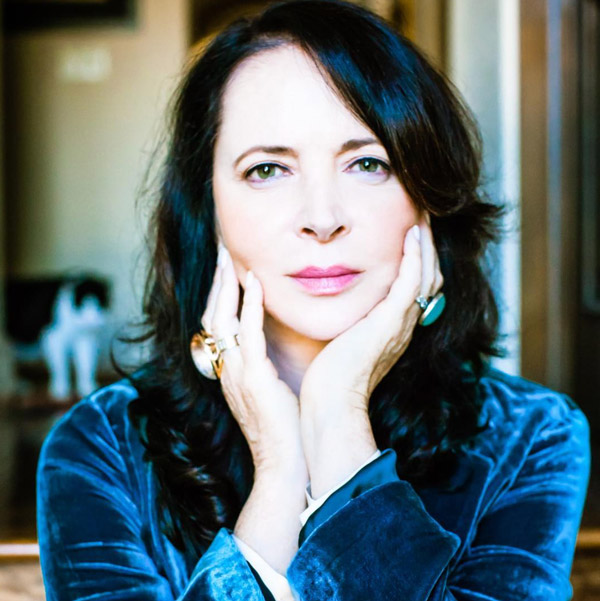Ora Nadrich’s new book is titled Mindfulness & Mysticism: Connecting Present Moment Awareness with Higher States of Consciousness. As the title would suggest, the book encapsulates a distinctly Eastern-influenced, Buddhist and meditative set of spiritual practices, presented by Nadrich in a refreshingly straightforward manner.
ABOUT ORA NADRICH: https://www.oranadrich.com/
There’s never a sense she’s trying to preach to a particular choir, rather her communicative choices reflect the simplicity of her belief in what she speaks of. “If each man contemplated his existence, and pondered deeply the meaning of life, he would come to know that there is something greater than himself. That realization as monk, theologian, and mystic Thomas Merton says in his quote above is this: ‘That life and being in us proceed from an invisible, transcendent, and infinitely abundant source’,” she writes in one of the book’s key chapters. “…If we don’t stop, even occasionally, we are disconnected and removed from a source greater than us from where we can sit and know. And this knowing can only be known in the quietude and stillness of non-doing. We cannot avoid a stillness that lets us glimpse into divine love, for which our soul longs. If we keep hoping we can realize it outside of ourselves, and endlessly search for it, we will remain terribly disappointed when it eludes us.”
It’s through this clear, personalized conviction that the more universal aspects of the read – like the aforementioned search for meaning in one’s life – really get a chance to shine. This does both the philosophy Nadrich promotes, and the reader themself regardless of their spiritual beliefs a major service. Nadrich is able to communicate timelessly wise and effective concepts to the widest possible audience, whilst simultaneously revealing to the reader the profound depth and meaning to the specific brand of beliefs she chooses to follow and advocate for. “Sitting quietly, deep in contemplation, helps us cultivate a familiarity with where our soul can rest and feel safe.
We cannot know this feeling when we are hiding from it, or running from it, or staying so busy that we don’t go within ourselves long enough to connect to our soul’s inner sanctum,” she writes. “We must ask ourselves why do we run from this? What is it that keeps us from ourselves, from receiving a greater knowing of who we are? Is it frightening to know the authentic-self ?…Contemplation is sacred, like the mystical experience, and if you desire it, all it asks of you is to be willing to sit so that you may know. You may come to know that God is within you by what God tells you. But you must listen, and listen well.”
GOODREADS: https://www.goodreads.com/book/show/59341797-mindfulness-and-mysticism
“We are smart, intelligent human beings, are we not?” she elaborates. “And yet, we avoid the very bliss, the ecstasy of knowing what this life is. When we glimpse it, it’s as Evelyn Underhill says: ‘When one does catch it, it is so real that to look upon it as wrong would be an unthinkable absurdity.’ It does seem absurd to not let ourselves ‘catch it’, and we can, if we do things to stop our busyness, and sit in contemplation.”
Cleopatra Patel
